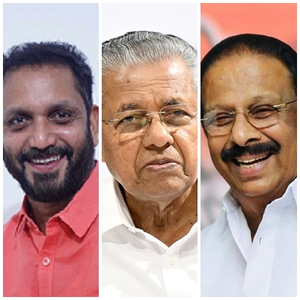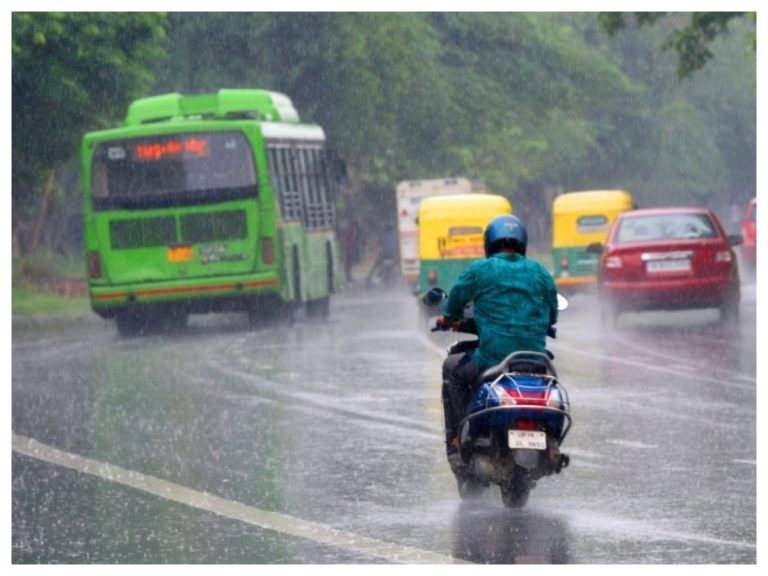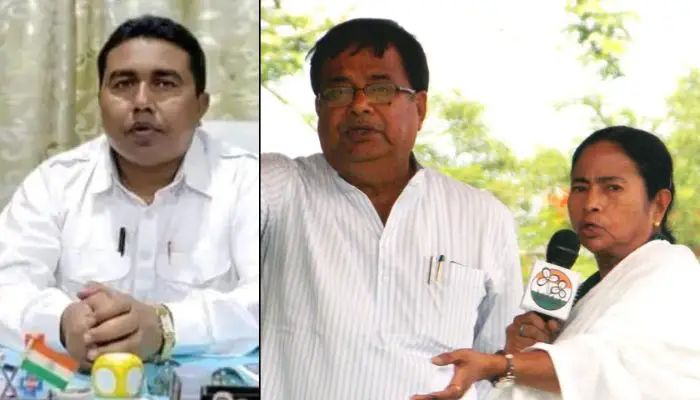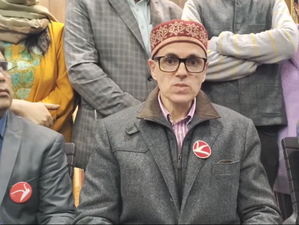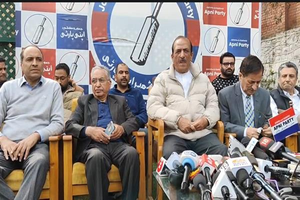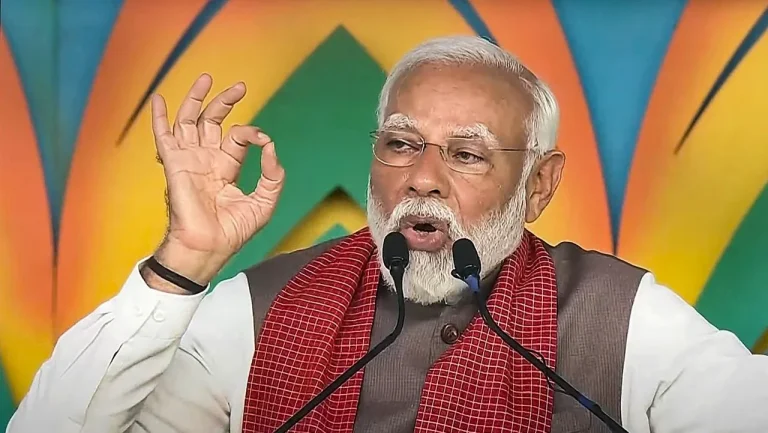IANS Interview: No anti-incumbency factor against BJP or Modi govt, says ex-Tripura CM Biplab Deb
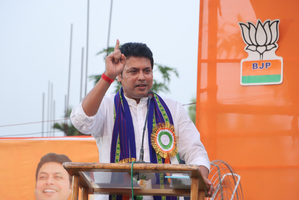
Former Tripura Chief Minister and the BJP’s Rajya Sabha member Biplab Kumar Deb said that there is absolutely no anti-incumbency factor against the BJP or the Narendra Modi government in Tripura or the northeastern region.
If at all there are any small issues here and there, these subside when the people consider that Narendra Modi is India’s Prime Minister and the ‘Modi Guarantee’ exists, Deb said in an exclusive interview with IANS.
He said that after India’s independence, Modi was the first Prime Minister to visit the northeastern states over 70 times, which is probably more than the total number of visits by all the former Prime Ministers before him, and he undertook a determined ‘Mission and Vision’ to develop the region at par with the rest of the country.
The Rajya Sabha member said that now over 10,000 youths from the northeastern states are involved with hundreds of start-ups and have created a Rs 1,000 crore economy in the region.
“Not only all round development of the region, PM Modi took many leaders from the northeastern states and made them Central ministers, and has given important responsibilities of other states,” said Deb, who is also the BJP in-charge for Haryana.
He said that Prime Minister Narendra Modi called the region ‘Ashta Lakshmi’ and has implemented dozens of schemes and projects to utilize the untapped resources of the region.
He said that Modi did not come from the corporate sector or a big political family, he came from a humble and simple background, but his ‘Mission and Vision’ is gigantic enough to make India a world leader.
“After Atal Bihari Vajpayee and Lal Krishna Advani, Narendra Modi is such a leader who can give the most effective directions to resolve any kind of problem and crisis.
“People of all religions close their eyes and imagine the image of a God when they offer any kind of prayer. We also regard Modi like this.”
The 53-year-old Deb became president of the BJP Tripura state unit in January 2016, and two years later, he led the party to oust the CPI-M led Left Front after 25 consecutive years (1993-2018) in power and became the Chief Minister of the first BJP-led government, the fourth in the northeast after Assam, Manipur and Arunachal Pradesh.
He claimed that there is no strong opposition party in Tripura, and hence there is no major challenge in the Lok Sabha election from the opposition.
“My only challenge is to turn the opposition Communists and Congress leaders from negativity to positivity. What have they done after several decades in politics? They only befooled the people and always engaged them in various so-called agitations.”
Of Tripura’s four million population, the tribals with 19 communities constitute one-third of the population, and out of the 60 assembly seats, twenty are reserved for the tribals, who belong to either the Hindu or Christian faiths.
Of the state’s two Lok Sabha seats, one – Tripura East — is reserved for the tribals, who have played a very vital role in the electoral politics of Tripura over the past seven decades.
Deb, referring to the development of ‘Janajati’ (tribals), said that the Congress, after Tripura’s first Chief Minister Sachindra Lal Singh (1963-1971 and second Chief Minister Sukhomoy Sengupta (1972-1977) never tried to strengthen its organisational base among the tribals and was dependent on the tribal based local parties.
The Congress formed its last government (1988 to 1993) in Tripura in alliance with the tribal-based party Tripura Upajati Juba Samity (TUJS).
Deb said that veteran CPI-M leader Nripen Chakraborty, the first Left Front government Chief Minister (1978 to 1988), after coming to Tripura from Kolkata set up the Left bases among the tribals along with veteran tribal leader Dasaratha Deb, who was also the Chief Minister for five years (1993 to 1998).
“The Left parties, especially the CPI-M, also did nothing for the real socio-economic development and welfare of the tribals. When I became the Chief Minister, I persuaded the ADB (Asian Development Bank) to formulate a Rs 1300 crore ambitious package for the socio-economic development of the tribals.”
He said that the BJP in the 2018 and 2023 assembly polls put up the maximum number of candidates in the 20 tribal reserved assembly seats, leaving a few seats for ally IPFT (Indigenous People’s Front of Tripura). The party (BJP) secured 10 and 6 seats, respectively.
Claiming that the CPI-M after this Lok Sabha election would be nowhere in politics as they formed alliances with the most corrupt party, the Congress, Deb said that the Communists, who were in power in Tripura for 35 years (in two phases: 1978 to 1988 and 1993 to 2018), cannot even find a candidate to contest the Tripura West Lok Sabha seat.
Deb, the BJP candidate for the Tripura West seat, claimed that the Left had to seek support from decades-old arch-rivals Congress to sustain its political existence.
Tripura Congress president Asish Kumar Saha is contesting in the Tripura West Lok Sabha seat as the INDIA bloc nominee, comprising eight parties including the CPI-M.
“After I became Chief Minister in 2018, our government cleared the encroachments from lands valued at Rs 1,000 crore as the land was illegally occupied by the CPI-M and the Congress for many years who had set up their party offices. Now various projects are being implemented there,” he said.
Deb said that now the Communists are talking about the Constitution, which they never did previously.
“Earlier, they (CPI-M) never hoisted the National Flag at their party offices, but the present situation forced them to hoist the National Flag at their party offices. They always try to demoralise the people, while the BJP and PM Modi always take positive steps, encouraging people economically and otherwise and trying to make them cheerful.”
He claimed that former Chief Minister Manik Sarkar (1998-2018) had claimed that there was no force to oust the Left from power but the BJP led by PM Modi did it and the CPI-M is now struggling for its existence.
